Proteases
Proteases, also known as peptidases or proteolytic enzymes, consists of a large number of enzymes catalyzing the hydrolysis of peptide bonds and subsequently resulting in the degradation of protein substrates into amino acids. Proteases are involved in a wide range of human diseases, including cancer, neurodegenerative disorders, inflammatory diseases and cardiovascular diseases. Thus numerous proteases inhibitors (small molecules and proteins) have been identified to block activity of proteases. Proteases inhibitors can be classified into different types based on the class of proteases they inhibit through two general mechanisms, irreversible “trapping” reactions and reversible tight-binding reactions. Proteases inhibitors have been used as diagnostic or therapeutic agents for the treatment of proteases-related diseases.
-
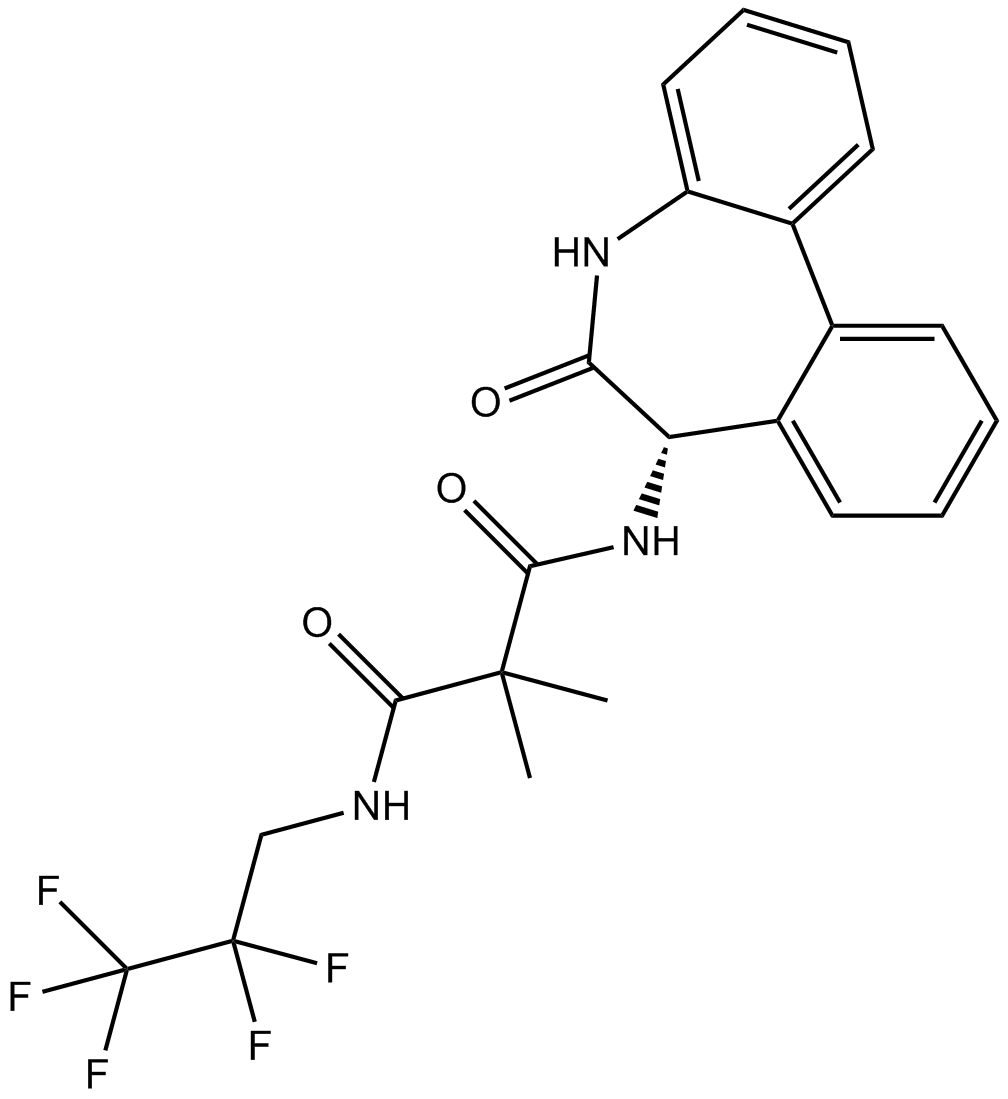 A4005 RO49290971 CitationSummary: γ secretase inhibitor
A4005 RO49290971 CitationSummary: γ secretase inhibitor -
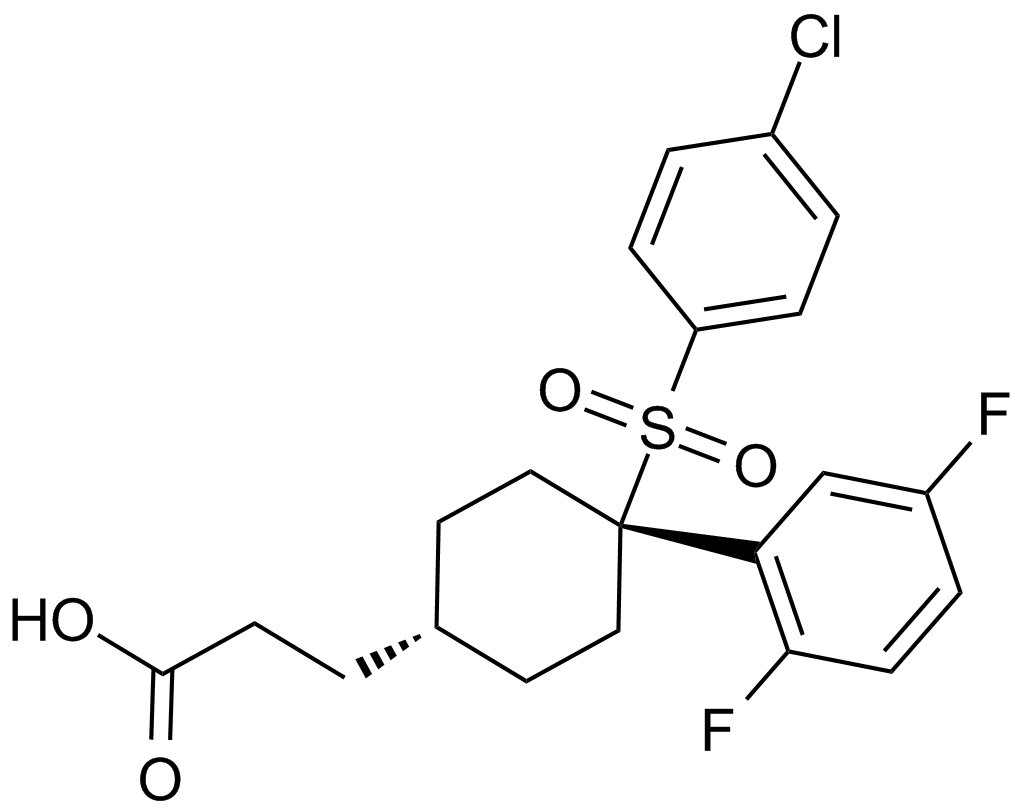 A4006 MK-07521 CitationSummary: γ-secretase inhibitor
A4006 MK-07521 CitationSummary: γ-secretase inhibitor -
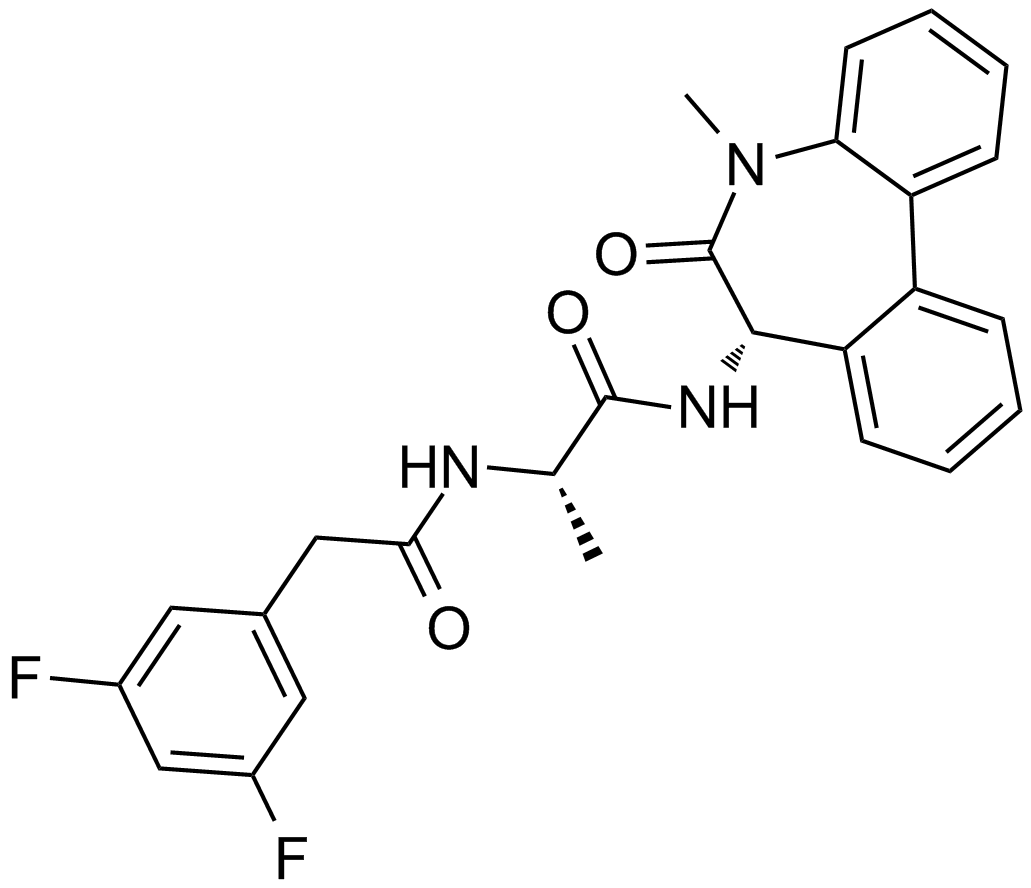 A4018 YO-01027 (Dibenzazepine, DBZ)1 CitationSummary: γ-secretase inhibitor
A4018 YO-01027 (Dibenzazepine, DBZ)1 CitationSummary: γ-secretase inhibitor -
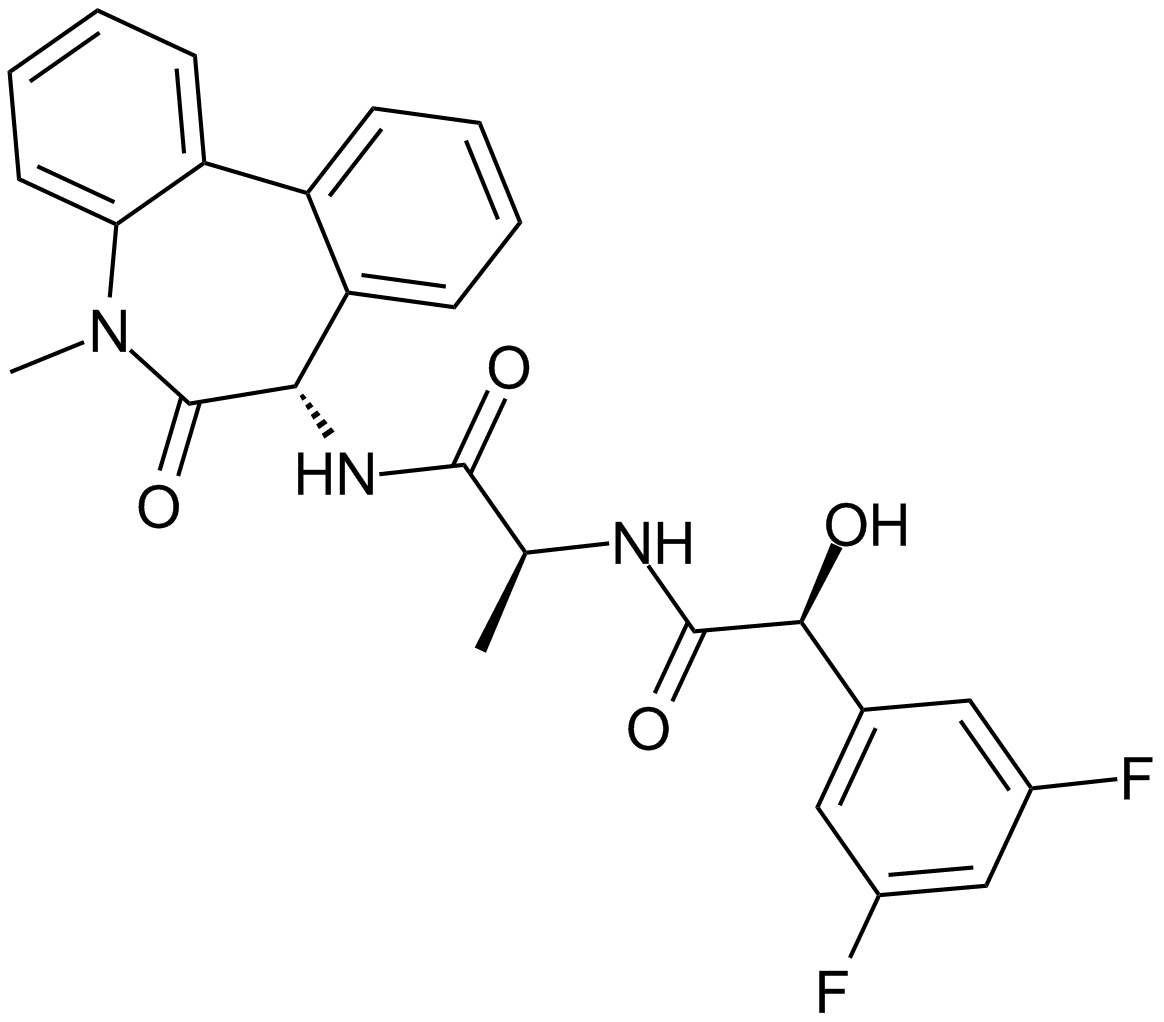 A4019 LY-411575Summary: Gamma secretase inhibitor
A4019 LY-411575Summary: Gamma secretase inhibitor -
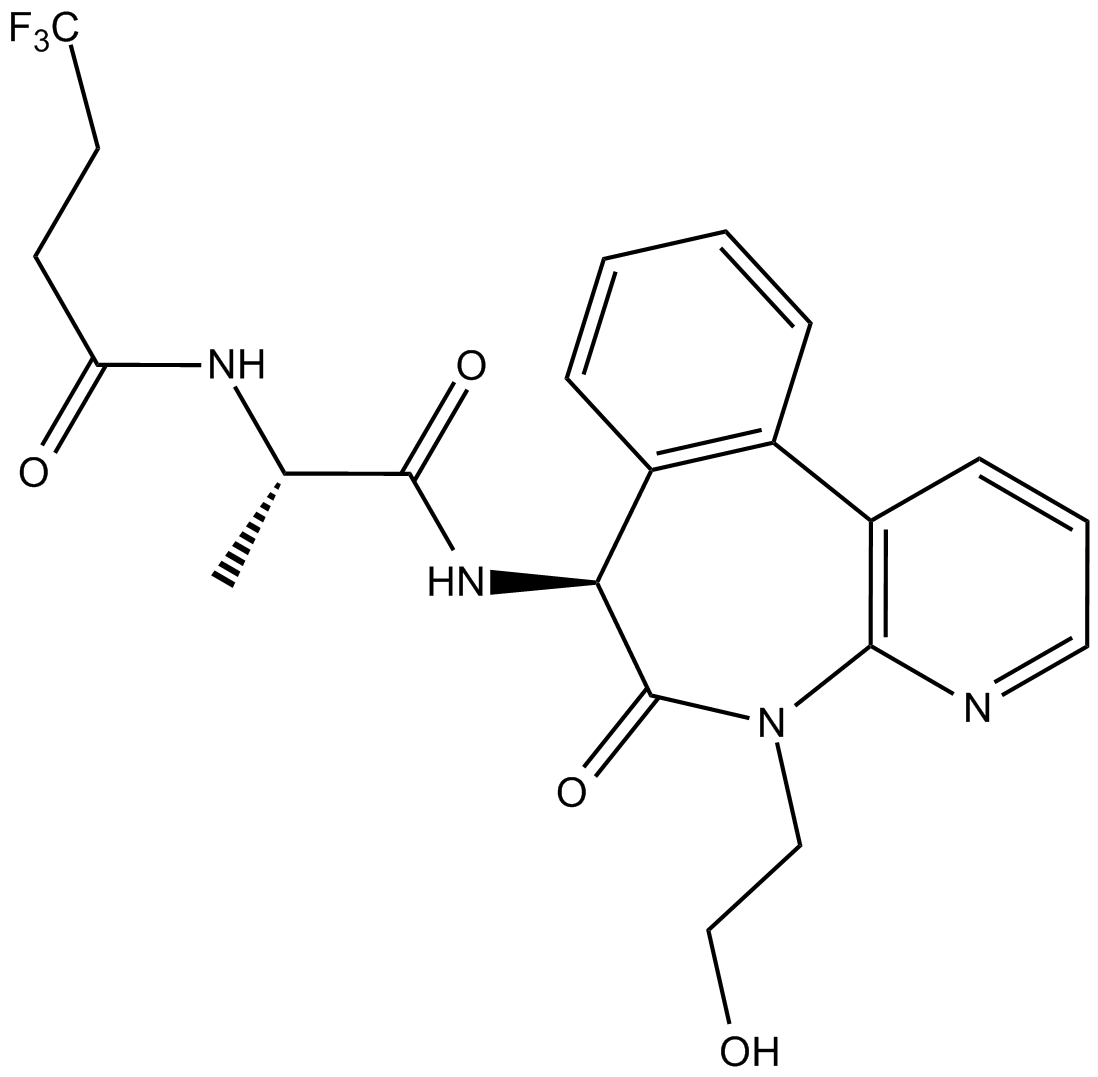 A4023 LY30394781 CitationTarget: NotchSummary: Notch inhibitor, novel and potent
A4023 LY30394781 CitationTarget: NotchSummary: Notch inhibitor, novel and potent

